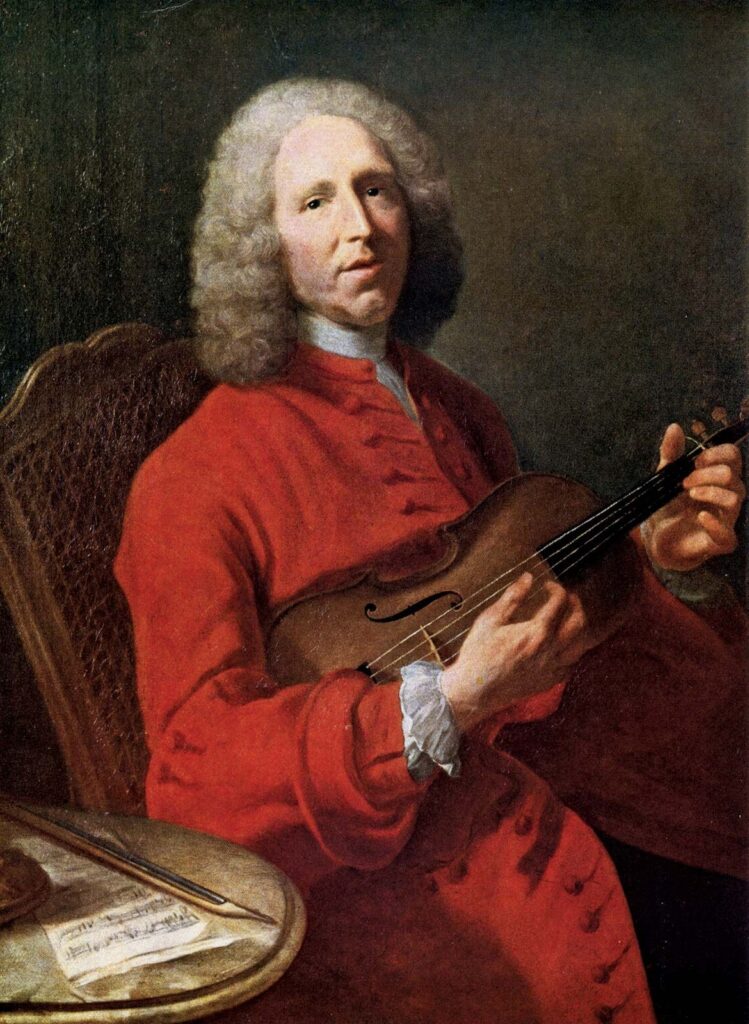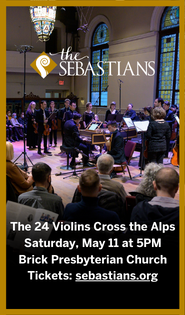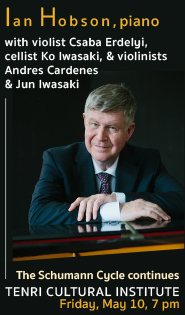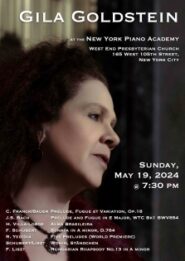Juilliard415 opens Music Before 1800 season with a joyous afternoon of Rameau
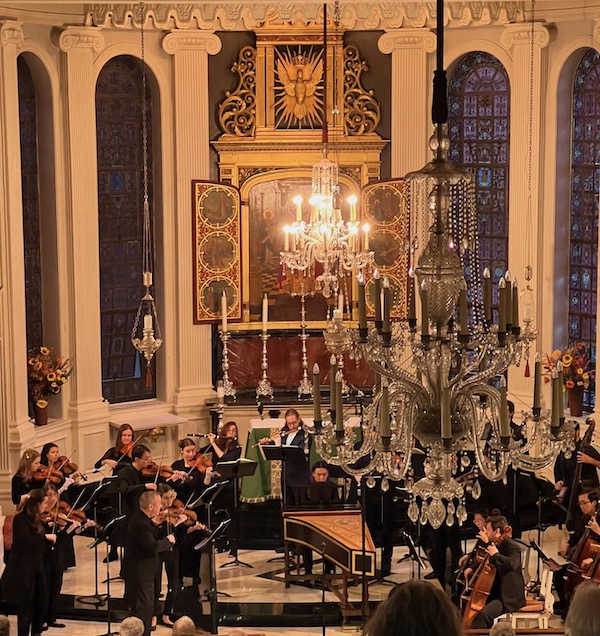
Music Before 1800 opened its 49th season with a program titled “Dreams and Monsters: The Theatrical Imagination of Jean-Phillippe Rameau.” Performed by Juilliard415 under the direction of violinist Robert Mealy Sunday at Corpus Christi Church, the event kicked off a season dubbed “The French Touch,” which will feature some fine early-music troupes performing music of that country’s composers, as well as those from other lands who fell under the Gallic spell.
Rameau was a contemporary of both Bach and Handel, but unlike them he started his musical career rather late in his long life. His first opera, Hippolyte et Aricie, was staged in Paris in 1733, when he was 50 years old. With it, he breathed new life into the genre, mostly through his daring use of harmony. Controversy ensued as he dared to break from the style of Lully, which still held sway in the world of Parisian opera 45 years after his death.
For this concert, Juilliard415, which takes its name from the pitch commonly associated with the performance of Baroque music (A=415), performed dances and airs from Rameau’s operas, Castor et Pollux (1737) and Dardanus (1739). While Hippolyte was not particularly successful, Castor et Pollux became Rameau’s most popular opera. Dardanus, upon being reworked after a lukewarm reception at its premiere, garnered acclaimed as one of Rameau’s greatest works.
From each opera, Mealy extracted set-piece arias with their extended orchestral introductions, lighter airs and songs, the dances of which Rameau was a master, and the grand chaconnes which end each opera. Mealy made no attempt at creating dramatic coherency in his selections, but sought to display Rameau’s ingenuity in expressing emotion not only through his setting of words to music, but also his orchestrations and use of harmony. The result was a concert of unending musical delights, full of charm and charged with energy.
In much of the music, the strings played lyrically and woodwinds bubbled buoyantly in Rameau’s enchanting melodies and sprightly dances. These same forces, however, could engage in lively musical battles when divided, as in “Entrée et combat figuré d’Athlètes” from Castor et Pollux. In the Chaconne from the same opera, there was brilliant playing by the bassoons and oboes. Musical runs that stopped in mid flight brought smiles from audience members.
There were similar pleasures to be found in the instrumental music from Dardanus. In the fugal passages, the ensemble playing was fast, furious, and fun for the eye as well as the ear. The Tambourins had the excitement of horses charging into battle. This was balanced by playing of refinement and grace in the Menuets, which proved that Rameau could indeed conjure movement out of music.
The vocal excerpts from the two operas were sung by Juilliard students. Soprano Gemma Nha impressed with the richness of her voice and the purity of emotion expressed in “Tristes apprêts, pâles flambeaux,” in which Télaïre mourns the death of Castor. In total contrast was the warmth and delight in her singing of Cupid and the joys of love in “Régnez, plaisirs” from Dardanus.
Soprano Song Hee Lee welcomed the dawn in “Ici se lève l’aurore,”from Castor et Pollux, with delicate, enchanting ornamentation in the reprise of the melody. “Sur la Ombres fugitives” from the same opera and “Cesse, vruel Amour” from Dardanus revealed more of the luster of Lee’s voice, coupled with greater dramatic gravitas.
“Nature, Amour” from Castor et Pollux gave some measure of Jared Werlein’s remarkable bass-baritone. The scale and grandeur of“Tout l’avenir est présent à mes yeux,” a dramatic scene from Dardanus in which the magician Isménor calls upon his magic powers to assist the hero, revealed the singer’s dramatic flare and artistry in a most impressive performance.
As much as the virtuosity of Juilliard415’s playing, the defining aspect of this concert was the fun the players had performing Rameau’s music. Mealy was a pied piper to the other players, infusing them with his enthusiasm and sense of humor, and cajoling them to ever greater extremes of emotional expression. There were often smiles on the faces of the string players as they played, while body language served to express the same joy for those whose mouths were otherwise occupied.
This esprit de corps was transmitted to the audience and made the concert all the more enjoyable.
Music Before 1800’s season continues with Le Poème Harmonique on October 29. mb1800.org
